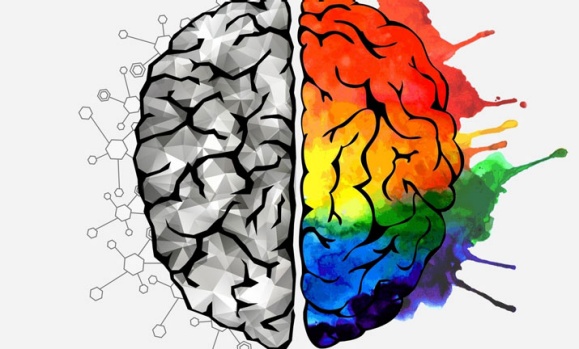Stories
» Go to news mainPsychotic symptoms are associated with lower cortical folding in youth at risk for mental illness

Abstract
BACKGROUND:
Cortical folding is essential for healthy brain development. Previous studies have found regional reductions in cortical folding in adult patients with psychotic illness. It is unknown whether these neuroanatomical markers are present in youth with subclinical psychotic symptoms.
METHODS:
We collected MRIs and examined the local gyrification index in a sample of 110 youth (mean age ± standard deviation 14.0 ± 3.7 yr; range 9–25 yr) with a family history of severe mental illness: 48 with psychotic symptoms and 62 without. Images were processed using the Human Connectome Pipeline and FreeSurfer. We tested for group differences in local gyrification index using mixed-effects generalized linear models controlling for age, sex and familial clustering. Sensitivity analysis further controlled for intracranial volume, IQ, and stimulant and cannabis use.
RESULTS:
Youth with psychotic symptoms displayed an overall trend toward lower cortical folding across all brain regions. After adjusting for multiple comparisons and confounders, regional reductions were localized to the frontal and occipital lobes. Specifically, the medial (B = –0.42, pFDR = 0.04) and lateral (B = –0.39, pFDR = 0.04) orbitofrontal cortices as well as the cuneus (B = –0.47, pFDR = 0.03) and the pericalcarine (B = –0.45, pFDR = 0.03) and lingual (B = –0.38, pFDR = 0.04) gyri.
LIMITATIONS:
Inference about developmental trajectories was limited by the cross-sectional data.
CONCLUSION:
Psychotic symptoms in youth are associated with cortical folding deficits, even in the absence of psychotic illness. The current study helps clarify the neurodevelopmental basis of psychosis at an early stage, before medication, drug use and other confounds have had a persistent effect on the brain.
Recent News
- Published: CAR/CSACI Practice Guidance for Contrast Media Hypersensitivity: Update for Unknown Contrast Agents
- Dr. David Hodgson: From prototype to breakthrough
- Resident of the Month: Dr. Patrick Rogers
- Published: Advancing Radiology Resident‑Led Leadership Through the Canadian Association of Radiologists Resident and Fellow Section
- Interview: Radiology Today
- Welcome, Dr. Edward Stafford!
- Dr. Abraham receives CAIR Award
- Thank you to everyone who joined us for the 30th anniversary Radiology Research Day on May 8th!
